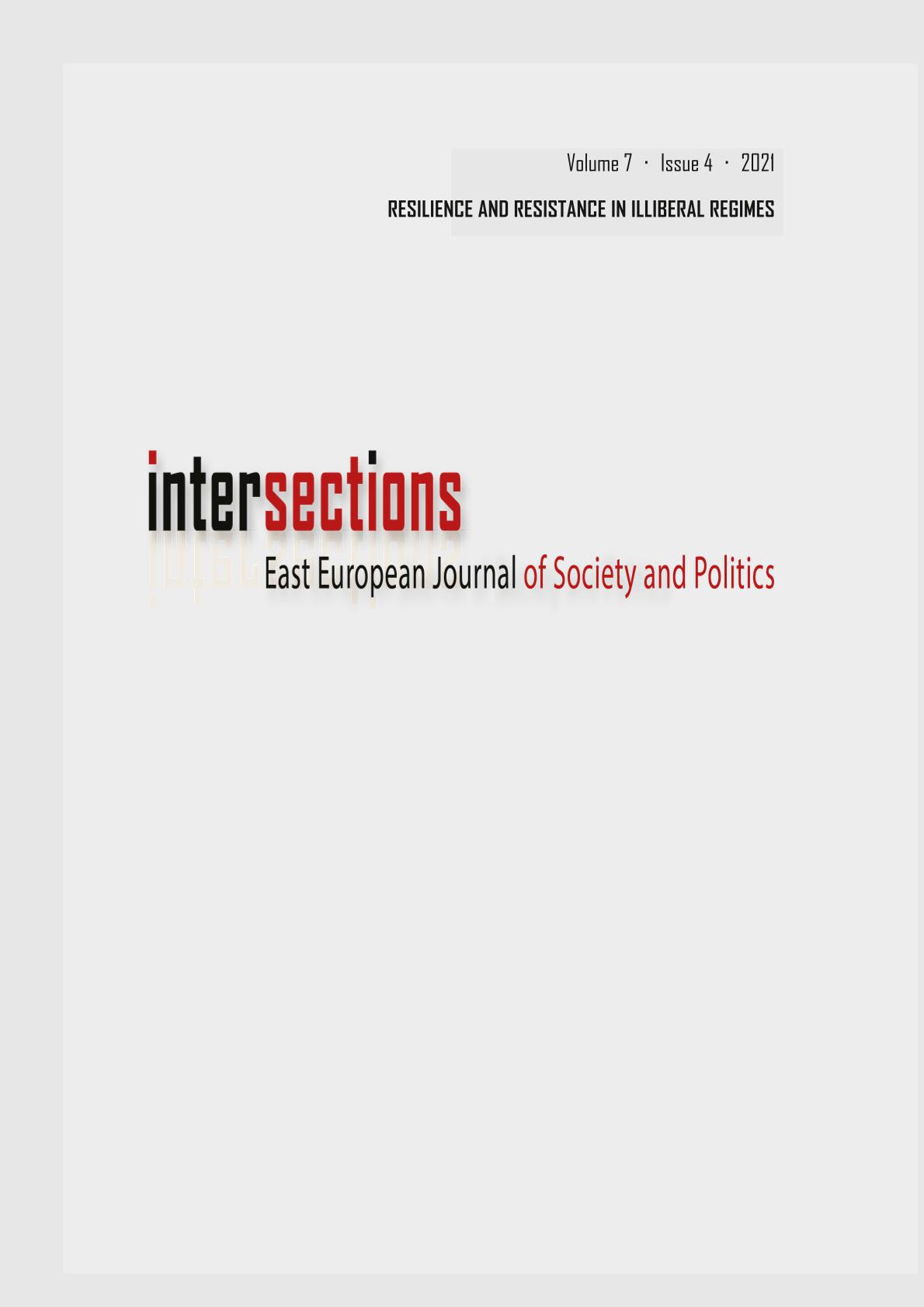Coping strategies among an intersectional group: Muslim women in Hungary
Coping strategies among an intersectional group: Muslim women in Hungary
Author(s): Esra Aytar, Péter BodorSubject(s): Ethnic Minorities Studies, Social Norms / Social Control, Identity of Collectives
Published by: MTA Társadalomtudományi Kutatóközpont Kisebbsegkutató Intézet
Keywords: Muslim women; resilience; coping strategies; minorities in Hungary
Summary/Abstract: As members of a stigmatised intersectional group, Muslim women in Hungary not only receive unwanted attention but also verbal/physical attacks, assaults, and hate crimes. What kind of individual strategies and collective resilience patterns have they developed to cope with or to improve the hazardous situations they experience? This paper utilises participant observation data and qualitative interviews to study these issues. Two major dimensions of the participants’ strategies were detected: active versus Passive and Individual versus Collective. Exposition of these coping strategies was also accompanied by discussing the relevance of the types of reactions to threatened identity as suggested by Breakwell’s social identity theory-inspired model and Pargament’s studies on religious resilience practices.
Journal: Intersections. East European Journal of Society and Politics
- Issue Year: 7/2021
- Issue No: 4
- Page Range: 52-69
- Page Count: 18
- Language: English

